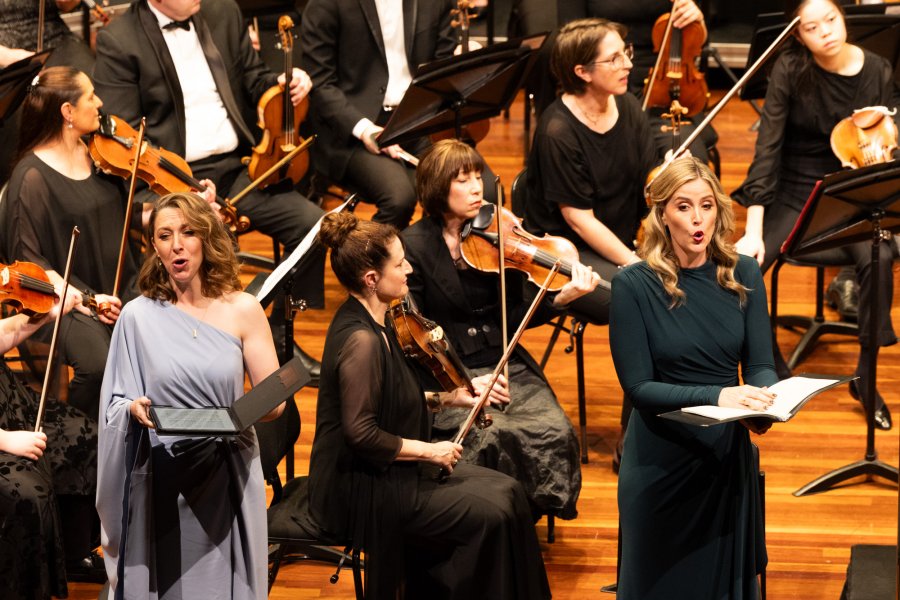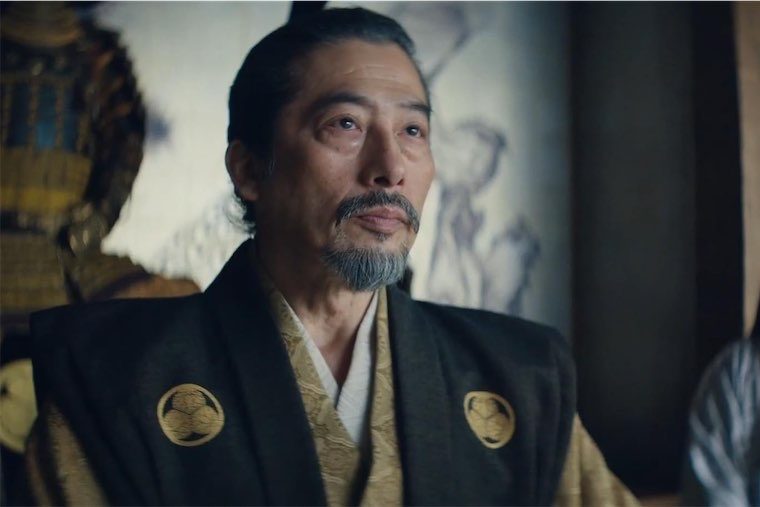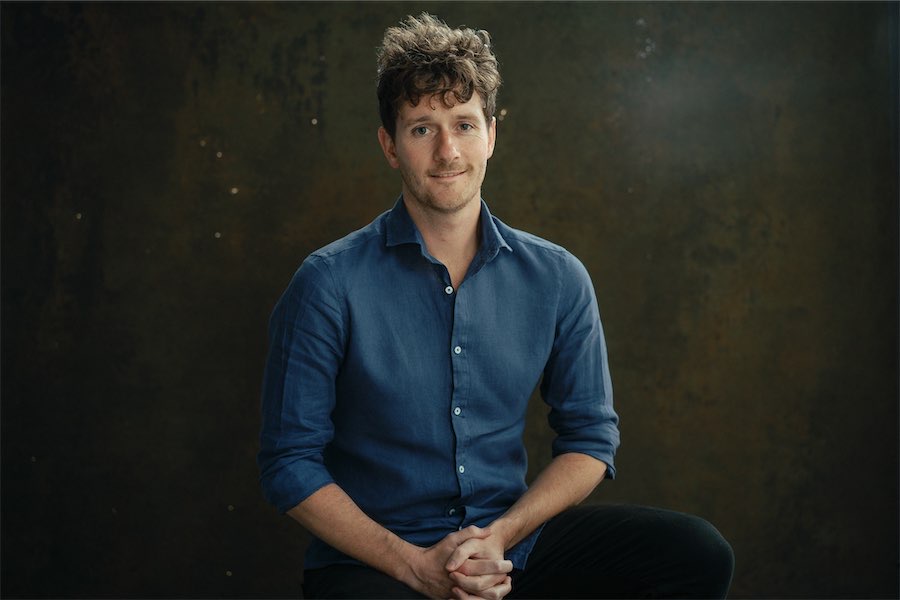
Music / Beethoven 9, Canberra Symphony Orchestra and Chorus, Jessica Cottis, conductor. At Llewellyn Hall. August 7. Reviewed by LEN POWER.
Marking the 200th anniversary of Beethoven’s 9th Symphony, the Canberra Symphony Orchestra (CSO) presented an exciting program that included not only the symphony but also a world premiere of a work that took its inspiration from that symphony.
The evening began with Daughters of Elysium, a new work by NZ-Australian composer, Miriama Young.
The work took its title and inspiration from Friedrich Schiller’s poem, An die Freude (Ode To Joy). The blissful conception of an afterlife, the glorious Elysian Fields held great significance in the ancient Greek imagination.
Commencing quietly with a heartbeat, the work was a journey through life, both dynamic and reflective, leading to a peaceful and thoughtful conclusion. The idea of universal sister/brotherhood was evident in this colourful and appealing work, and it was given a fine performance by the orchestra, conducted by Jessica Cottis.
The major work of the evening was Beethoven’s 9th Symphony. First performed in Vienna in 1824, it remains one of the best known and loved pieces of classical music two centuries later. Its Ode To Joy melody has become the anthem for the European Union and has entered the public consciousness through many film and television programs.
Joining the CSO was the large CSO Chorus. Tobias Cole was the chorus master. Soloists Emma Pearson, soprano; Ashlyn Tymms, mezzo-soprano; James Egglestone, tenor; and Adrian Tamburini, bass all came with a formidable list of international credits.
From the first movement, the clarity and dynamism of this performance was evident. The driving rhythms of the second movement gave way to a moment of lightness that hinted at the joy to come in the work’s finale. The beautiful, melodic third movement with its two themes was intensely moving.
The fourth movement with its strong beginning led the orchestra into the Ode to Joy theme and, from then on, the power of the soloists, chorus and orchestra together made this final part of the work an emotionally uplifting experience.
This was a memorable performance of the entire work, clearly bringing out Beethoven’s message of peace, joy and a united humanity.
The numerous curtain calls and standing ovations were richly deserved. During one of the curtain calls, Cottis held up a copy of the music score and pointed to Beethoven’s name, bringing a resounding cheer from the audience. It was a fitting tribute for the great composer’s 200th anniversary of this work.
Who can be trusted?
In a world of spin and confusion, there’s never been a more important time to support independent journalism in Canberra.
If you trust our work online and want to enforce the power of independent voices, I invite you to make a small contribution.
Every dollar of support is invested back into our journalism to help keep citynews.com.au strong and free.
Thank you,
Ian Meikle, editor




Leave a Reply